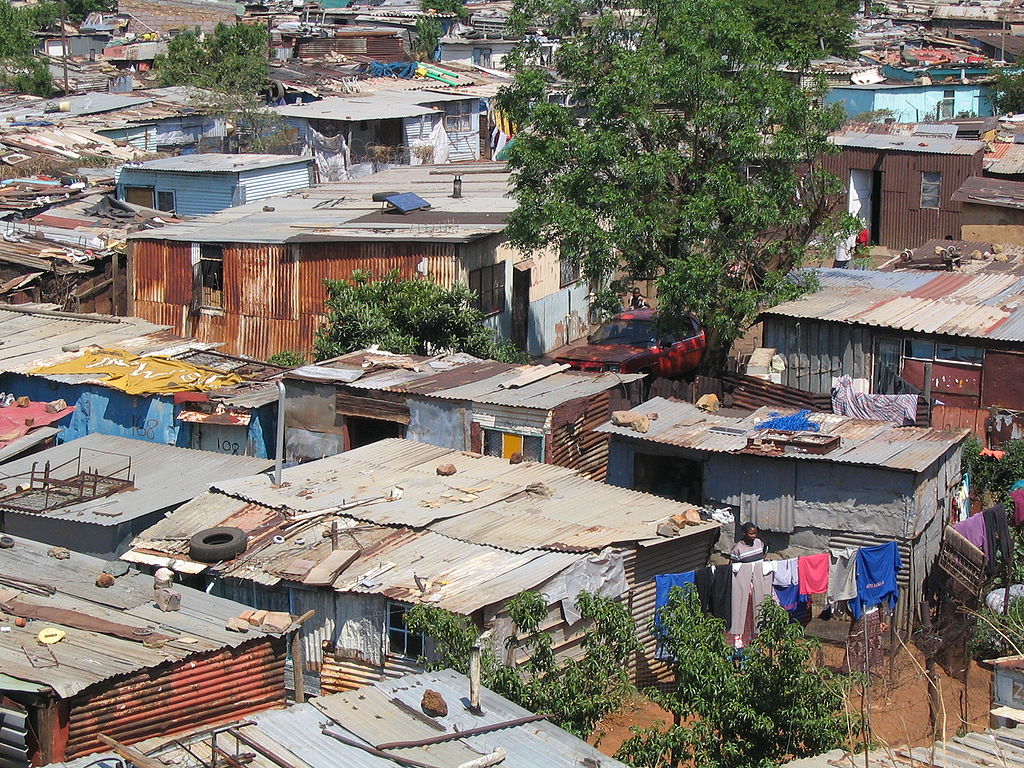INFORMAL SETTLEMENT INFRASTRUCTURE DESIGN | CAPE TOWN
CLIENT | City of Cape Town, Violence Prevention through Urban Upgrading (VPUU) program

General living conditions within an informal settlement in the Cape Flats
SITE | Cape Flats (townships and informal settlements, >1 million residents)
____________________
THE CHALLENGE.
The Cape Flats, historically marginalized as the “dumping ground of apartheid,” houses over a million people in townships and informal settlements. The City of Cape Town has struggled to provide hygienic, reliable, and affordable utility services to this area, which faces:
- Severe water shortages
- Inadequate waste and sanitation infrastructure
- Unreliable power supply
- Limited IT connectivity
- Chronic flooding
The city sought new approaches to address these interconnected infrastructure challenges.
OUR ROLE.
Regensia was invited by the City’s Violence Prevention through Urban Upgrading (VPUU) program to explore the potential of Integrated Utility Hubs (IUHs)—localized facilities designed to provide essential municipal services within each community. Our work included:
- Stakeholder engagement: meetings with government and civic leaders; tours of Cape Flats communities
- System design: modeling a modular IUH that could fit within standard shipping containers
- Feasibility testing: evaluating cost, ROI, and local service impacts
The IUH concept demonstrated how decentralized infrastructure could improve resource security, resilience, public health, and job creation while reducing the capital costs of extending centralized systems into informal settlements.

A modular Integrated Utility Hub design for areas that lack basic infrastructure
KEY FINDINGS.
- Feasibility: A scaled-down IUH (in shipping container format) could collect and treat solid and sanitary waste while producing renewable energy, recycled water, fertilizer, and even local food.
- Financial Viability: Preliminary analysis projected a simple ROI of less than six years.
- Community Benefits: Distributed utility services could improve hygiene, resilience, and livelihoods while creating localized employment opportunities.
GOVERNANCE & INNOVATION.
The Cape Town initiative highlighted the IUH as a replicable leapfrog model for addressing utility challenges in rapidly urbanizing, underserved communities. Building on this experience, Regensia is contributing to an international development program—led by the U.S. Department of State, EPA, USAID, UN-Habitat, and Stanford University—to scale and adapt the IUH framework for peri-urban areas across emerging economies.
RESULTS & IMPACT.
- Helped the City of Cape Town recognize IUHs as a practical, community-based utility solution.
- Demonstrated that regenerative infrastructure could deliver critical services with strong returns on investment.
- Positioned Cape Town as a testbed for a globally replicable model of decentralized, integrated utility systems.

